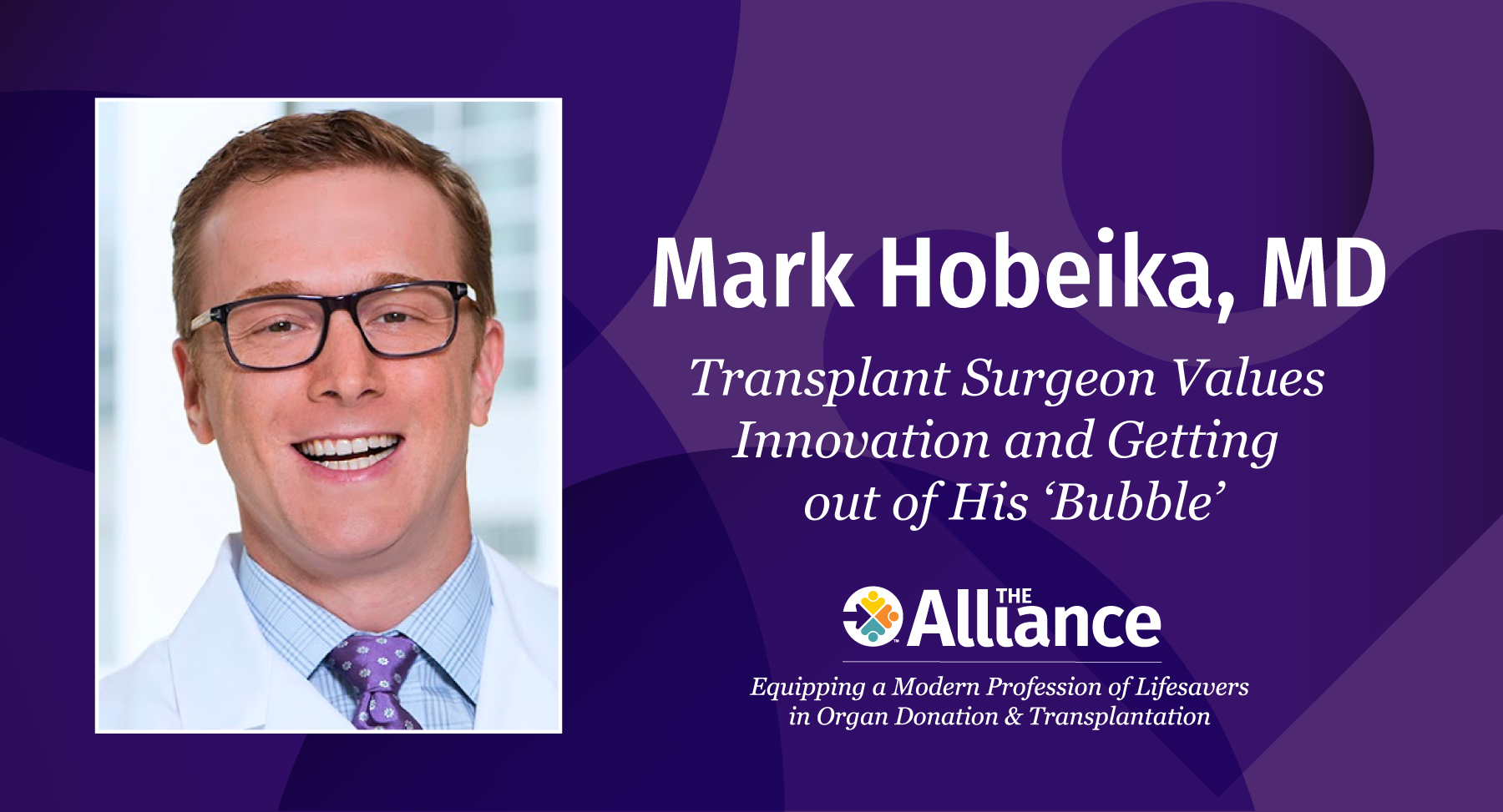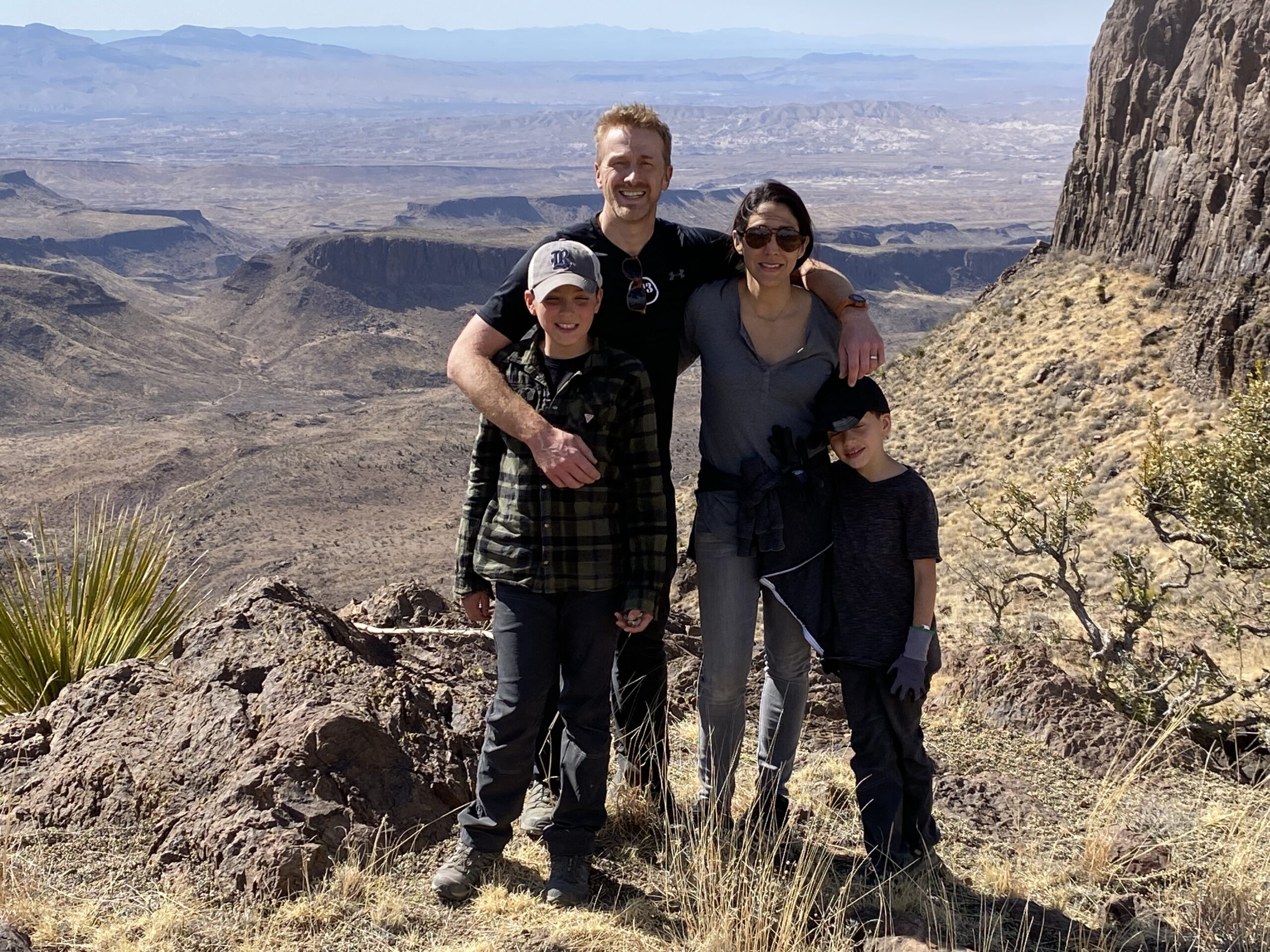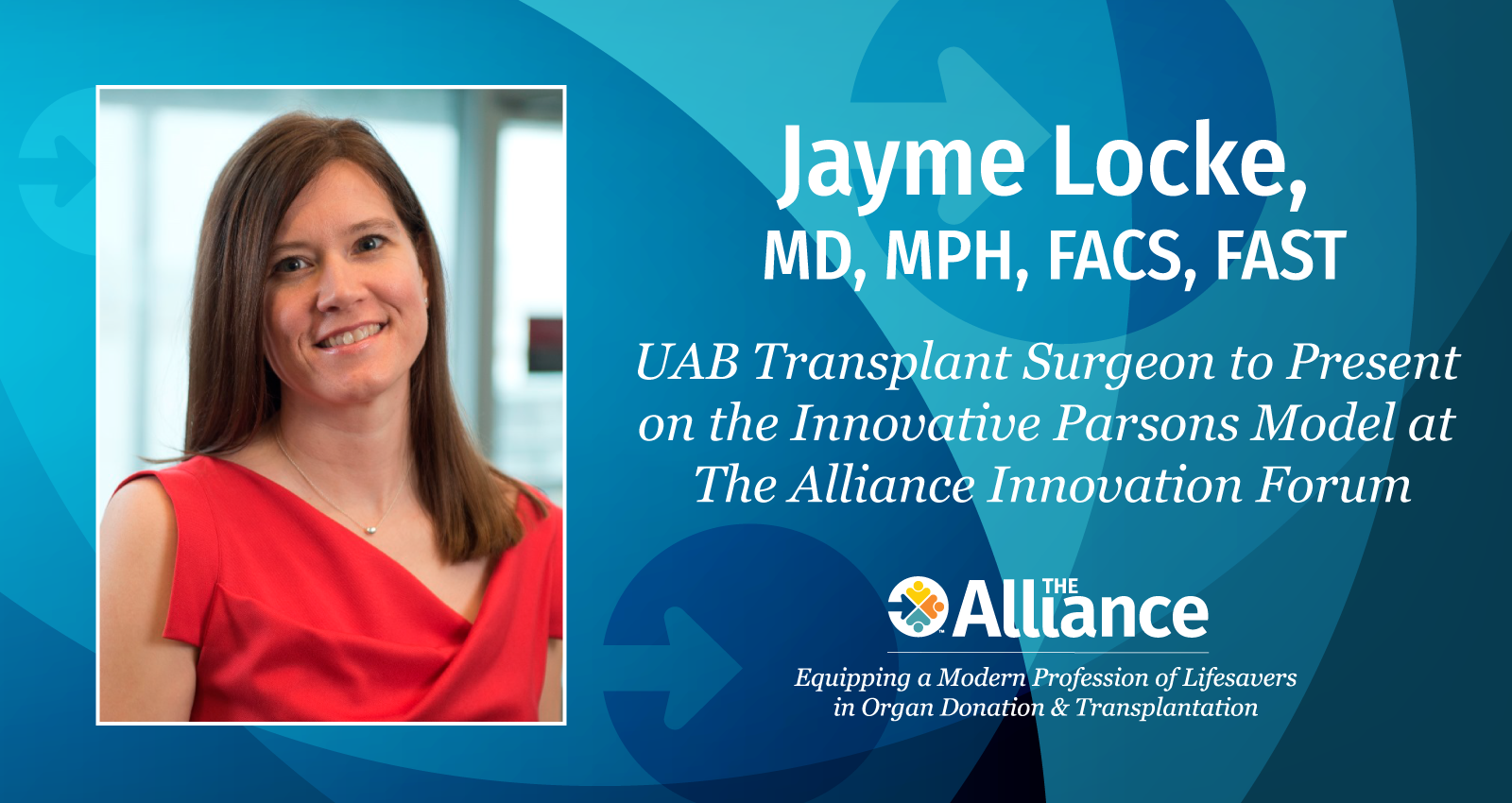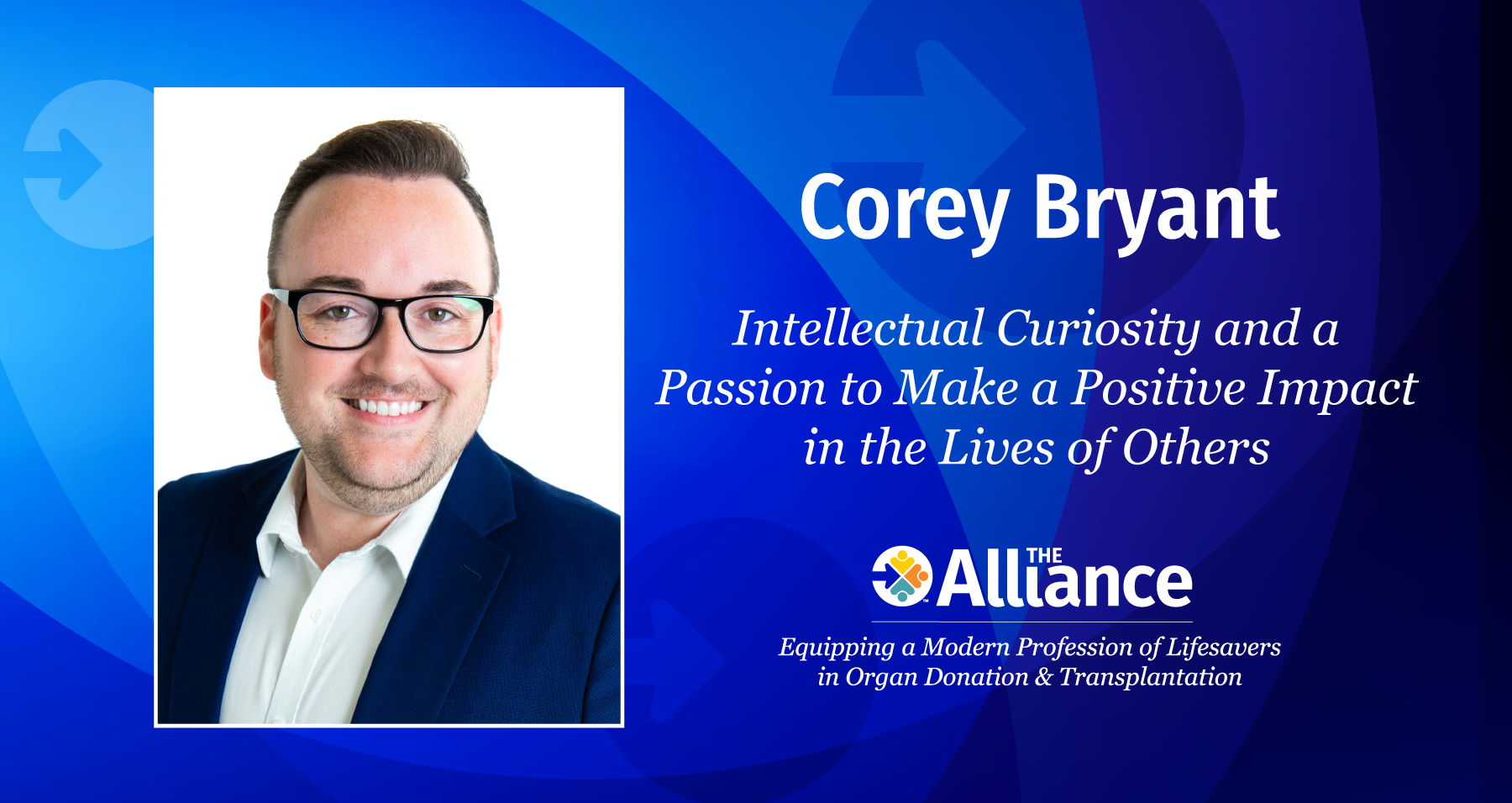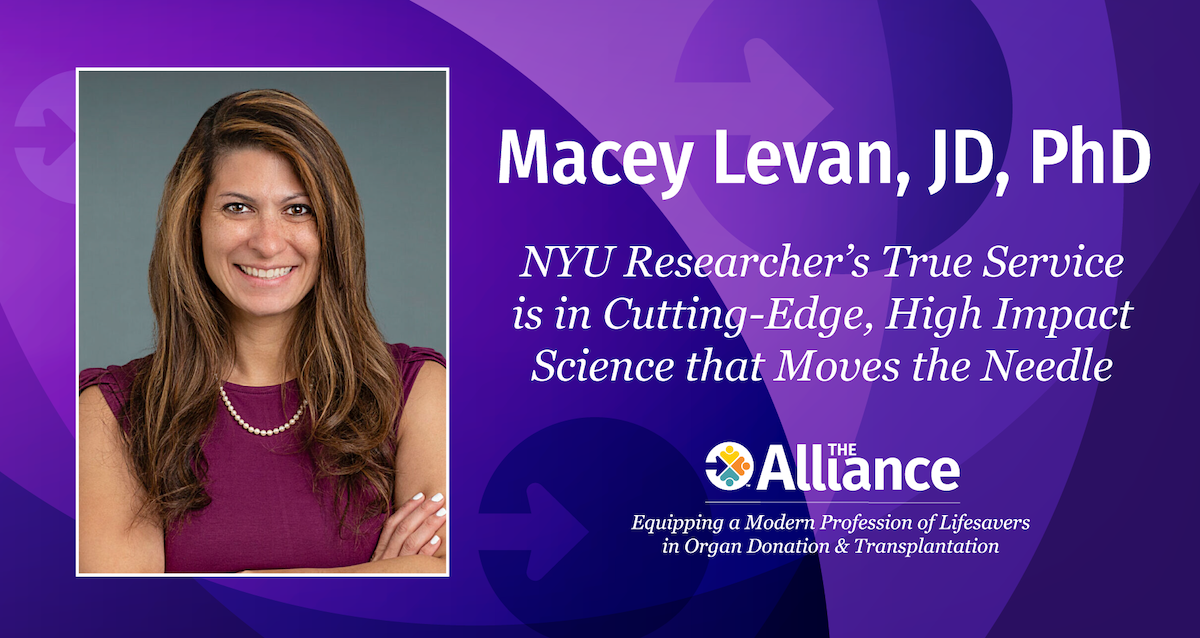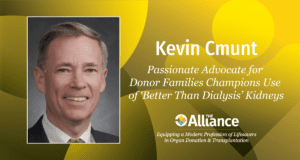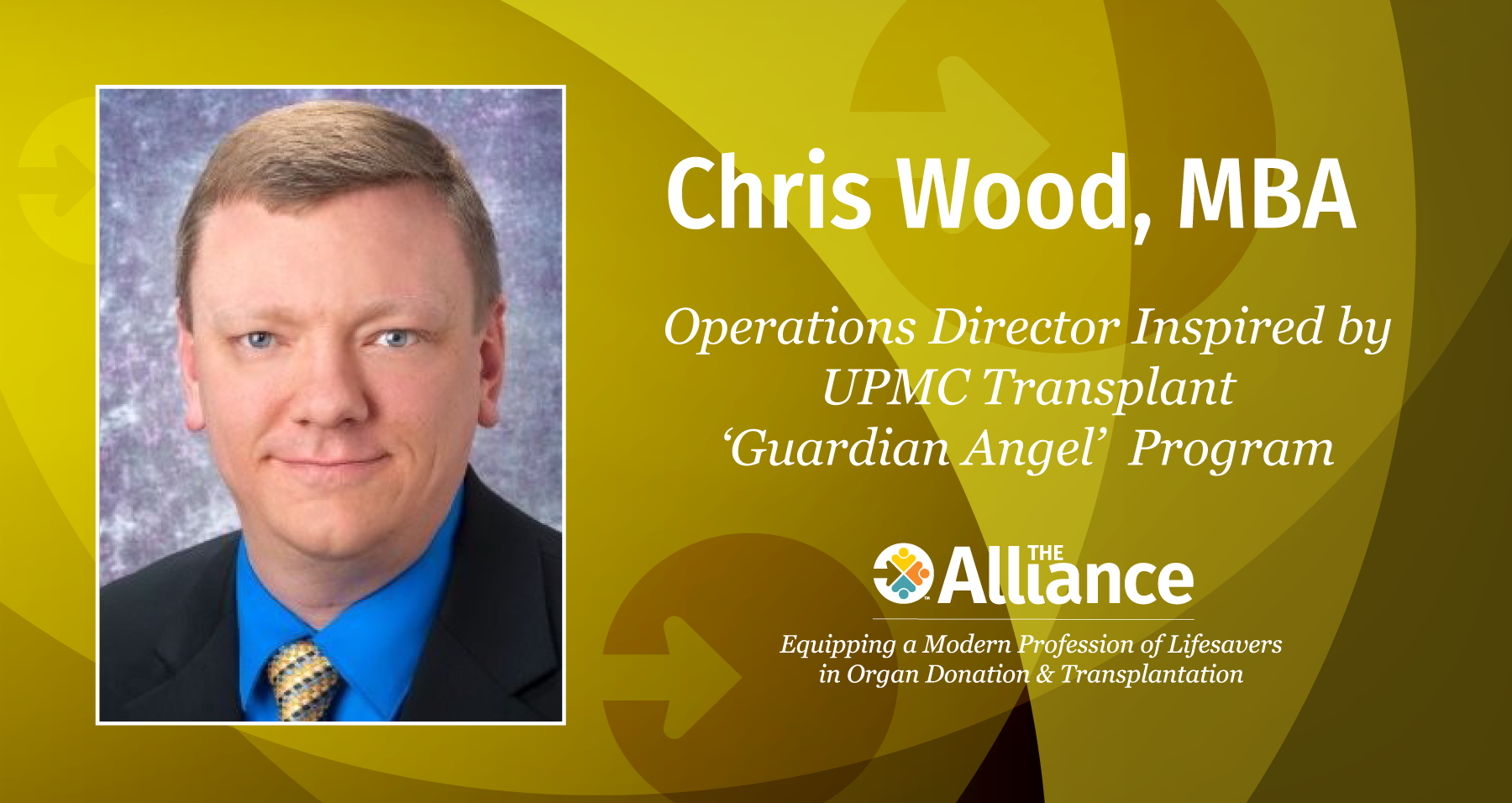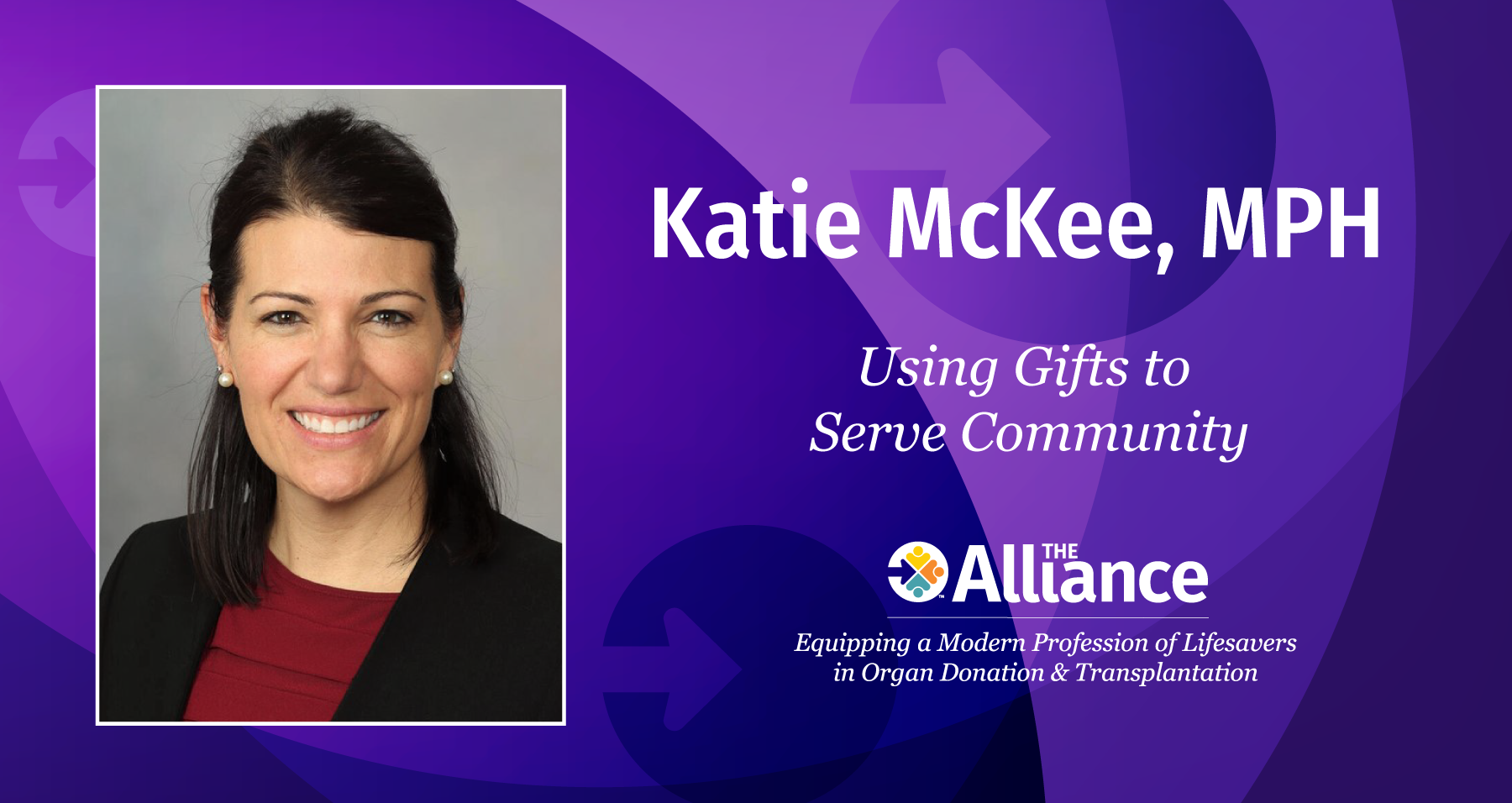While he doesn’t camp out overnight in front of an Apple store to get the latest iPhone, that doesn’t stop Transplant Surgeon Mark Hobeika, MD, FACS, associate professor of surgery at Houston Methodist Hospital, from being a proponent of transplant innovation. Hobeika is a strong advocate for the use of liver perfusion devices, and outlined his reasons at The Alliance’s National Critical Issues Forum last September in a TAD Talk, “The Transformative Power of Liver Perfusion Devices.”
“If you want to be great, you have to innovate,” says Hobeika. “I believe that perfusion devices are the transformation that is going to change the way we practice, change our transplant systems, and change the scope of the benefit we can offer our patients. These devices aren’t free, but as expensive as they are, the natural history of positive transformations is that people figure out a way to make it happen.”
Hobeika serves on The Alliance’s National Innovation Leadership Council and the Donation after Circulatory Death (DCD) workgroup, which plans to release a comprehensive DCD guide later this year. “We lost Glenn Matsuki and he was a big motivator of the project,” says Hobeika. “We’re going to pick it back up and re-energize it.”
Hobeika also teaches a hands-on cadaver-based class for donation after circulatory death (DCD) liver recovery for the American Society of Transplant Surgeons (ASTS). “My thing has always been DCD,” he says. “It’s proven to be a good thing because from the time I started, it’s grown from about 10 percent of the organ donors up to 40 percent in some places. It used to seem like a bonus if you could get a liver transplant from a DCD donor, but if you’re not using them now then you’re missing out on a big chunk of opportunities.”
That interest in DCD sparked his involvement with The Alliance. “The Alliance is an important organization,” he says. “It brings people from the different sides of donation and transplantation together in an organic way. It doesn’t make sense for transplant surgeons to have our meetings without the OPO people and for the OPO people to have their meetings without us. You need to have a forum for everybody to get together and learn from each other and understand that we’re all trying to do the same thing. The Alliance is really good about that, and I’ve enjoyed trying to give the surgeons’ perspective and hear the perspective of other people from different parts of the ecosystem.”
Get Out of Your ‘Bubble’
Hobeika helped start a free workout group for men in Houston that’s part of the F3 Nation network. F3 Houston and the surrounding areas have grown from 25 to nearly 1,500 men in six years. “It’s really fun because you get to know people that are outside of your normal bubble,” he says. “I’ve become friends with a lot of guys who could care less about what I do and who are outside of this medical center community that we live and work in. It keeps people from residing in their own echo chambers. One of my friends operates a crane and literally sees the world from a very different perspective than I do.”
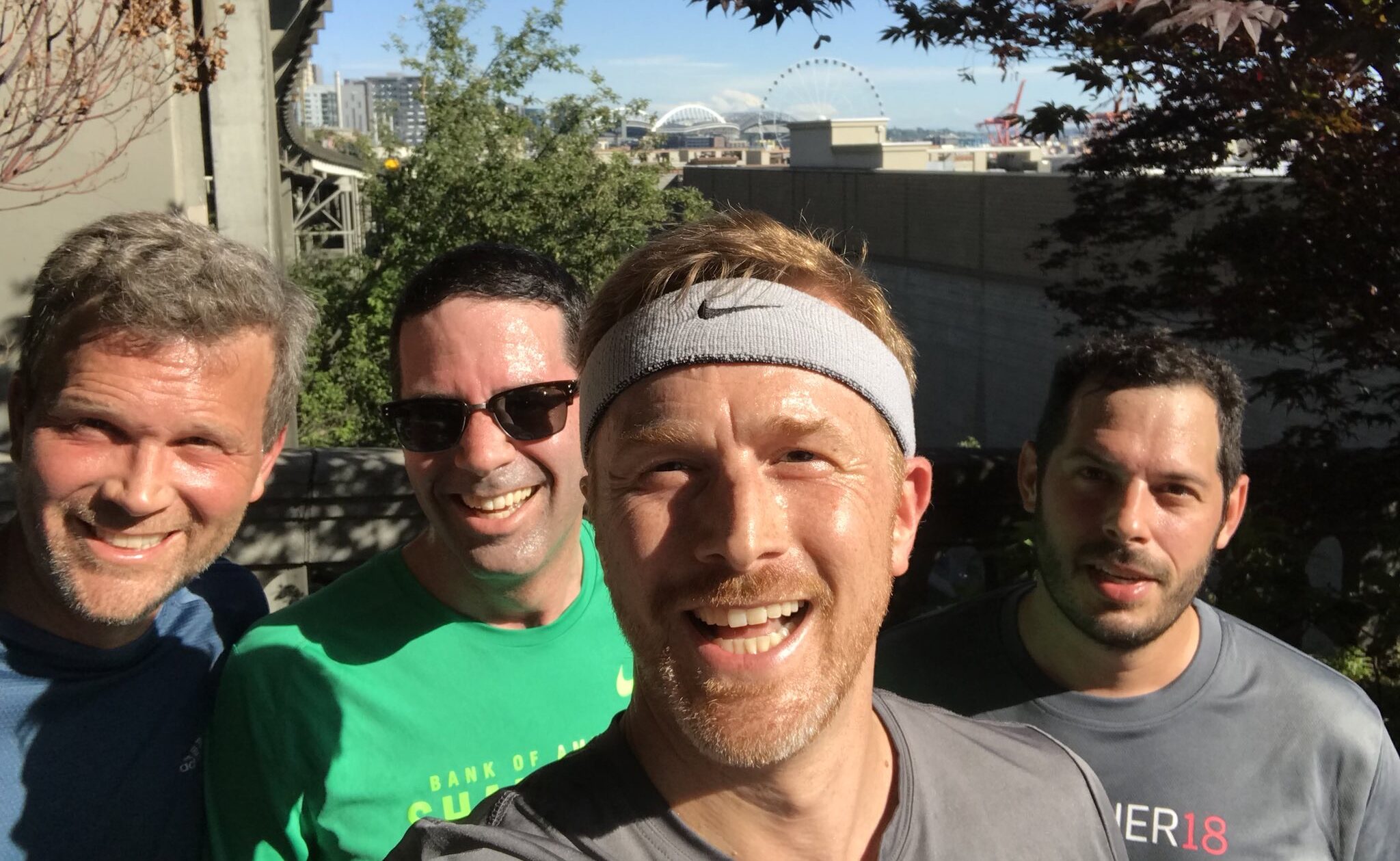
He appreciates The Alliance as another organization that helps burst bubbles. “The Alliance is such a good organization because it ties it back to the idea of getting outside of your bubble by connecting everyone who touches donation and transplantation,” he says. “You can get these echo chambers within the very specific niche of your profession, and you end up just talking to people that agree with you because they see things from your exact perspective. It’s good to branch out and to spend time talking to people on the other side of the equation. I wish that more transplant surgeons were involved with organ procurement organizations in their local environments and in organizations like The Alliance.”
The People You’re Exposed To
Hobeika grew up in Richmond, Virginia, the oldest of three children. His father came to the U.S. from Lebanon to study at Purdue University, where he met Hobeika’s Boston-raised mother who was getting her master’s degree. After they married, they briefly returned to Lebanon but then came back to the U.S. where his father became a Professor of Civil Engineering (Transportation) at Virginia Tech.
Hobeika studied biology at Wake Forest University, returned to Virginia for medical school at Virginia Commonwealth University School of Medicine, and then went to New York City to train in general surgery at NYU where he met his wife, Laura. He planned to become a vascular surgeon but after moonlighting at NYU’s transplant surgery ICU he changed his mind and decided to become a transplant surgeon. “It was there that I met mentors like Lewis Teperman, Deven John, Glyn Morgan, and Tom Diflo,” he says. “It was those four guys and the work that they were doing that made me change my mind. More than anything else, I think your path is determined by the people that you’re exposed to.”
Hobeika and has wife then moved to San Francisco, where he did a fellowship at UC San Francisco. There they had their first son, who is now in fifth grade. In 2012, Hobeika was recruited to the University of Texas Health Sciences Center, and they moved to Houston and had their youngest son, who’s now in second grade. In 2017, he joined the transplant team at Houston Methodist.
“My boys and my wife all try to make sure that working out is a normal part of our day as brushing our teeth and taking a shower,” he says. His oldest son is a swimmer and the youngest does jiu-jitsu. The family goes fishing at nearby Galveston beach and takes one big outdoor-focused family vacation a year. They also enjoy hosting barbeques on rare weekends free from work. “We try to be the house that everybody goes to on the weekends when I’m not working.”
“My parents were major influences on things like work ethic and doing your work correctly and not stopping until it’s done,” he says. “And my dad and I used to do all our own work on things, whether it was the landscaping or rebuilding the deck. A big turning point for me was a basketball coach that I had in 10th grade named Tony Price. He was a real disciplinarian who instilled in me the idea of pushing yourself beyond what you think you can do.”
Hobeika’s path to becoming a physician began at young age, when as a five-year-old he had surgery on his kidney at Boston Children’s Hospital. “Something about it resonated with me in my first-grade brain and I never really considered doing anything else,” says Hobeika. Although being a surgeon is a big part of his life, he doesn’t define himself by it. “I try to model for our trainees a genuine acceptance and interest in engaging with people from throughout the whole system, whether it’s OPOs, the nurses in the operating room, the social workers, whoever it may be. Nobody can do anything this complicated by themselves.”




